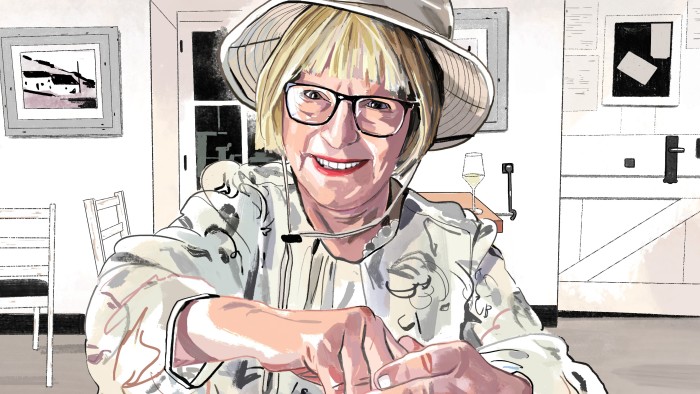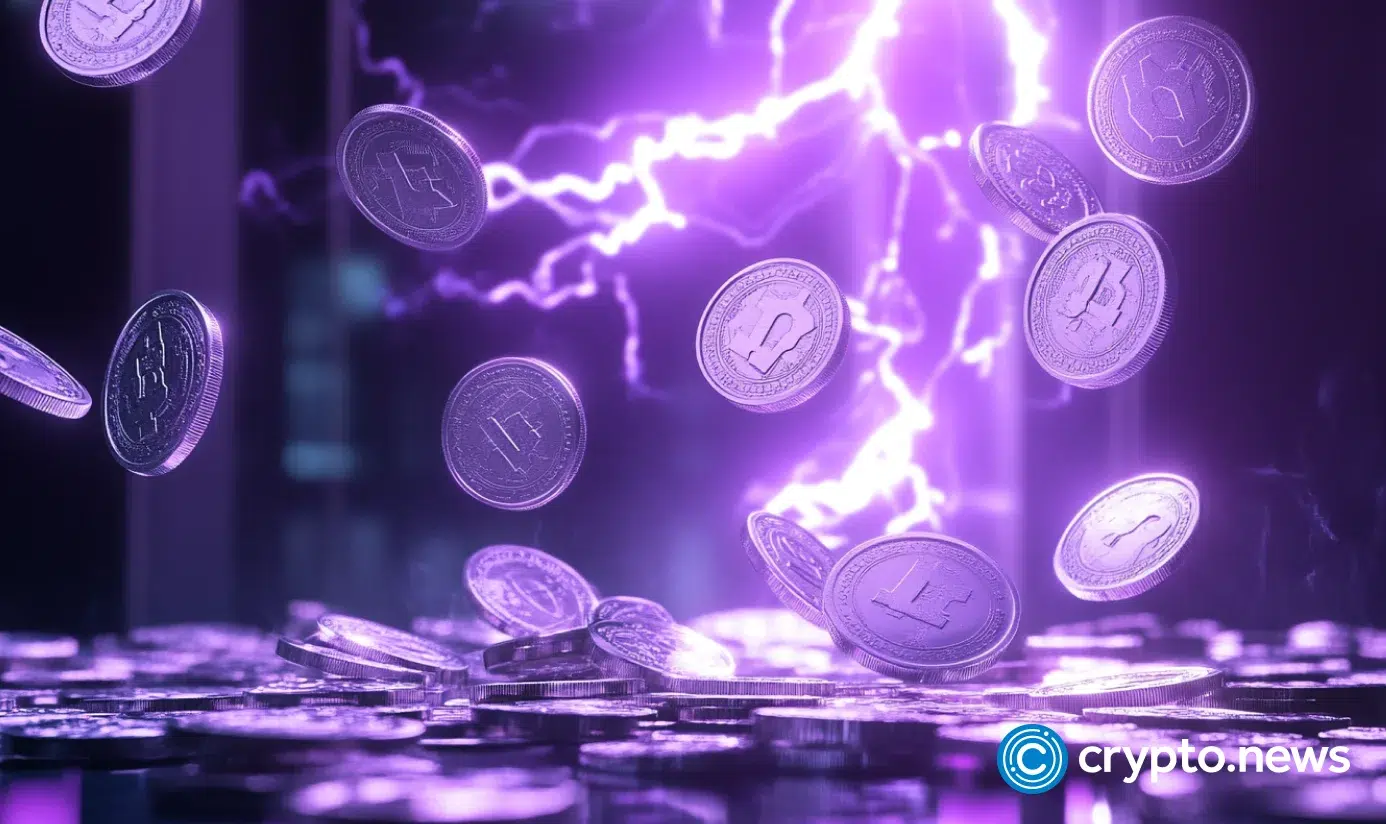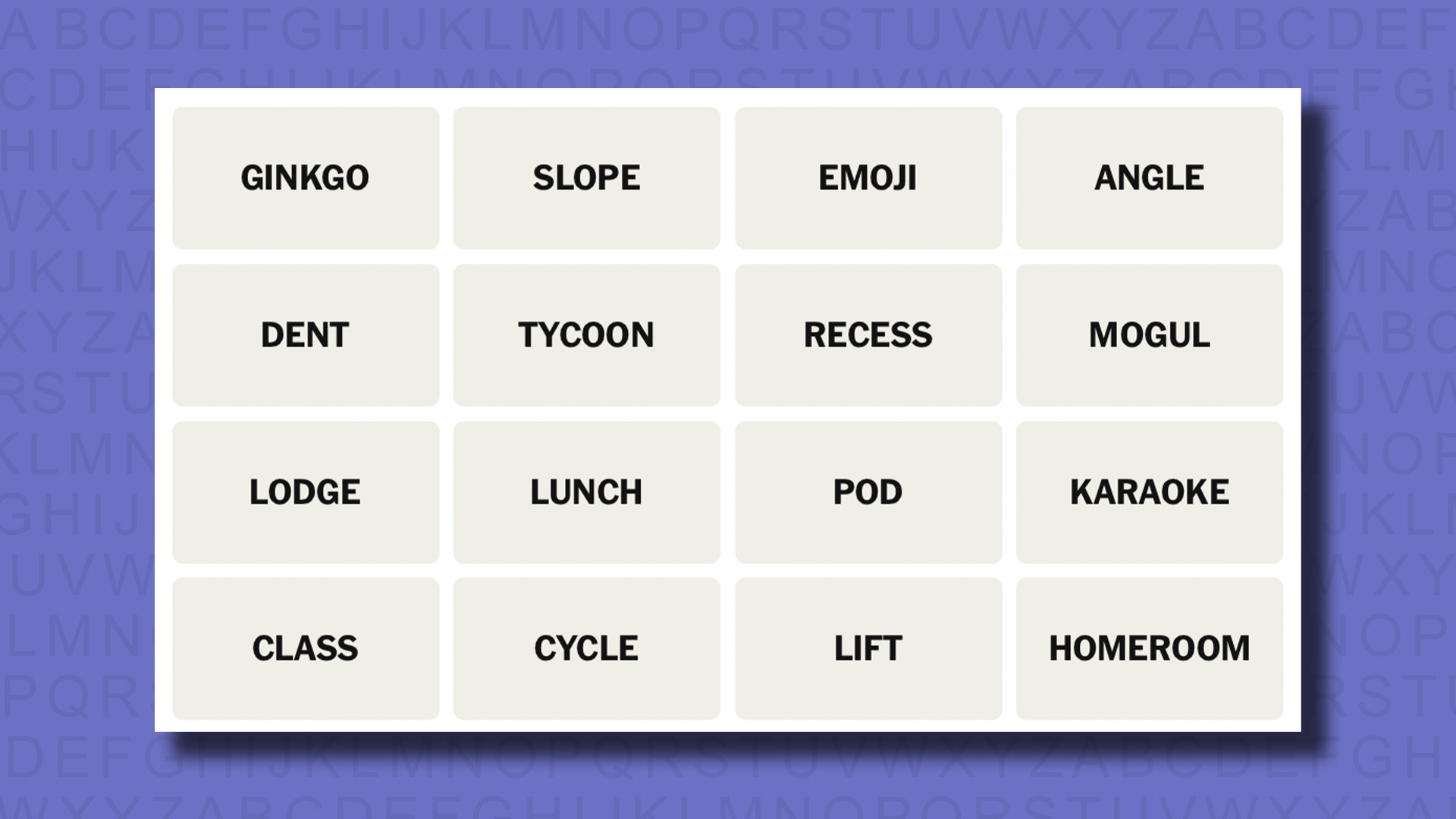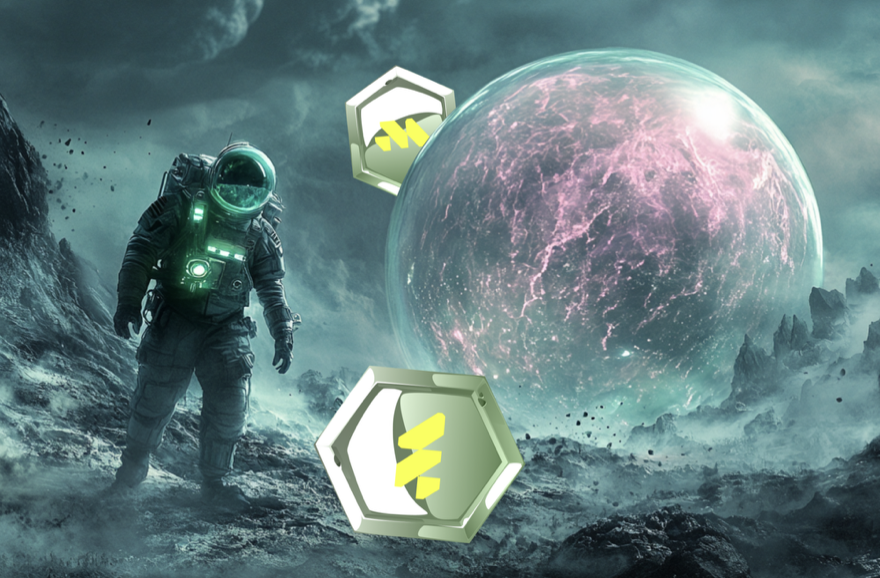The politician waiting in a little nook of the higgledy-piggledy restaurant, a former fisherman’s cottage on the Atlantic coast just north of Cape Town, is known as South Africa’s “Iron Lady”. But the outfit Helen Zille is wearing, a flowery dress and a wide-brimmed sun hat with a chinstrap, makes her look more like Bo Peep.
Despite her reputation for incendiary rhetoric, the woman praised by many for turning the Democratic Alliance (DA) into a serious political force — and criticised by some in the past for allegedly all but wrecking it — turns out to be warm and funny in person. Perhaps she has softened now that the DA is finally in power as part of the Government of National Unity. The grand coalition, of which the DA is a vital part, was formed in June after elections that pushed the African National Congress vote to below 50 per cent for the first time since it took office at the end of white rule in 1994.
Zille has been called “crotchety”, “pugilistic” and — perhaps inevitably in such a charged political environment — “racist”. She doesn’t object to pugilistic. After all, her autobiography published in 2016 was titled Not Without a Fight and her notorious account on X (more of which later) proclaims her “GodZille”.
But she’s not happy with either crotchety or racist. “Crotchety is an old lady who’s frustrated and can’t get anything done,” she says, waving away the preposterous notion. “I-can-get-things-done,” she enunciates in schoolmarmy falsetto.
As for racism, that is a lazy slur by opponents who refuse to engage with her intellectually. “I’m not being racist. I’m saying there’s a bad alignment between modern constitutional democracy and traditional systems,” she says of a 2012 confrontation with Jacob Zuma, then South Africa’s president in an era of rampant corruption. “In liberal systems, leaders are accountable to the people. In traditional systems, it’s the other way around.”
She had accused Zuma of placing himself above the law, a view later confirmed by the Constitutional Court, which in 2016 ordered him to repay state funds used to renovate his Nkandla homestead. “He said to me, ‘Helen, I was elected. These judges weren’t. How can they tell me what to do?’”
When she organised a protest march to Zuma’s sprawling compound in KwaZulu-Natal, many Zulu-speaking colleagues did not join “because they felt it was disrespectful,” she says. “People came out on the road in large numbers with traditional weapons, with spears, to stop us. I thought to myself, ‘Here we are trying to get accountability from a man who has spent tens of millions on his private house and he’s being defended by the poorest of the poor’.”
By her own reckoning, she has been cancelled multiple times. The trick, she says, is “to un-cancel yourself”.
At 73, she has achieved precisely that by becoming, arguably, more influential than at any time during a long political career in which she ran first Cape Town as mayor and then the province of Western Cape as premier.
Nowadays Zille is chair of the DA. Though she is not in government, her control of the party machinery makes her a key figure in the grand coalition with the ANC and eight other smaller parties. Partly because of the market-friendly stance of the DA, which traces its roots to the liberal, anti-racist Progressive party of the apartheid era, this alliance has led to a surge of optimism and investor interest that South Africa has not seen in years.
Zille, hot-headed according to her critics, is considered the one person who could break the government by withdrawing the DA’s support though, as she puts it, that is a “nuclear option” that you can only use once. It is quite a comeback for a politician who had all but retired from national politics a decade ago and whose return in 2019, when she was elected DA chair, prompted variations of the headline: “The Mummy Returns.”
Before we get into all this, we should order. It’s a glorious summer day, there’s a kitesurfing contest outside and Cape Town is “popping”, as Zille puts it. She had arrived an hour early to secure a quiet table inside and, when I get there, she is poring over a thick binder of documents. Here we won’t be disturbed by the rowdy, almost exclusively white, clientele swilling beer and wine outside.
The restaurant is my choice. Zille had given me three options, including a Cape Malay eatery in the hilly Bo-Kaap area of Cape Town and a “trendy” new place in Tamboerskloof. I had opted for Ons Huisie. “I haven’t been there for 15 years, so I cannot vouch for the current quality,” she had WhatsApped me.
I suggest we share some oysters. We each order a glass of wine. Zille is driving but she says she’ll intersperse it with lots of water. The waitress recommends a bright “Bertha” Sauvignon Blanc.
Zille takes a sip and pronounces it “OK,” puckering up her face in an expression that suggests otherwise. We both plonk ice cubes in our glass. In Cape Town, it’s quite a feat to order bad wine.
Menu
Ons Huisie
Stadler Rd, Bloubergstrand, Cape Town 7441
Oysters x 8 R200
Greek salad R92
Big bay calamari R78
Bertha Sauvignon Blanc x 3 R180
Ice-cream x 2 R40
Cappuccino R34
Double espresso R32
Coke Zero R29
Still water R40
Sub-total R725
Gratuity R150
Total R875 (£38.45)
Zille’s parents both came to South Africa after escaping Nazi Germany. Zille’s mother was classified as a Mischling or “half-breed” — “like a mule”, her teacher told the class — because her father was Jewish, and escaped with her family to Britain in 1939. As a German national, she was interned on the Isle of Man, but still became a life-long Anglophile and admirer of a system that had, she told her daughter, defended the individual against the state since the Magna Carta.
“Although the Magna Carta was only the noblemen saying the king’s not going to tell us what to do, it was still the start of a process saying, ‘Actually, we’ve got rights’,” Zille says.
Four oysters each arrive, beautifully presented on ice and lemon. They taste good. It’s the best part of the meal.
Zille’s liberalism is central to her political identity, so I ask her to define it. “The core of the liberal idea is that the individual is the primary unit of value in a society, and that the role of the state is to protect people’s rights and freedoms,” she says without skipping a beat.
Zille’s mother, who worked as a midwife after the war, moved to South Africa in 1948 where she met Zille’s father. He had delivered bread, worked at a dynamite factory, and finally joined the army. The couple moved to a corrugated iron house in Rivonia, then a village north of Johannesburg. Zille was born in 1951.
Zille’s parents despised the racist apartheid laws that seemed to them to repeat the horrors of Nazi Germany. Zille recalls her mother’s fury when the government stopped the school feeding programme for Black children. “I remember never being able to eat that piece of cheese with a clear conscience,” she says of the free meals in her own school where, though all the children were white, some came barefoot.
Zille had shoes, although initially her father, who had a scrap metal business, could not afford curtains. They spoke German at home until her younger sister became deaf and the family switched to English to assist her lip-reading.
Zille had been a confident schoolgirl, but at the University of Cape Town she became dangerously anorexic. She blames an initiation ceremony called “the cattle parade” in which “freshettes” wore short skirts and paraded for the male students to bid on. “No carbs crossed my lips for two years,” she says, prising an oyster from its shell.
When she returned home, weighing 83 pounds (37.6kg), her parents transferred her to the University of the Witwatersrand in Johannesburg. She gradually recovered, but her mother would later declare her “too sensitive to go into politics”, a judgment doubtless incomprehensible to many South Africans.
We order our main courses. Zille, who is speaking Xhosa to the waitress, asks for fried calamari, while I have swordfish.
Zille was a journalist before she was a politician, joining the Rand Daily Mail, a campaigning newspaper eventually closed for its anti-apartheid views. She plunged into politics, travelling around the country with a Black photographer. She dictated her stories over a “tickey box”, a coin-operated public telephone, a discipline that helped her summarise complex topics quickly and that stood her in good stead for later parliamentary interventions.
In 1976 she covered the Soweto Uprising, when police killed hundreds of Black schoolchildren for protesting against being taught in Afrikaans. The following year, she helped uncover the murder in prison of Steve Biko, a Black Consciousness leader. The pathologist had told her that Biko, who was overweight, could not have died as the result of a hunger strike, the official story.
The mains arrive. My swordfish is fishy for my taste, and the mash potatoes are watery and greenish. Zille’s calamari looks anaemic and though she picks at it dutifully, she later lets slip that it is not properly cooked. Fortunately, we are sharing a Greek salad, which tastes more or less like a Greek salad should.
She quit the newspaper when her editor was fired and moved into public policy and eventually into politics. She became active in Black Sash, the anti-apartheid organisation founded by white women, for which her mother had volunteered. But when the first multi-party elections came in 1994, she did not vote for the ANC. “I realised the ANC could not bring a functional democracy to South Africa,” she says.
We skip forward to Zille’s election as mayor of Cape Town in 2006, the first time the ANC had lost control of a big city. “I wasn’t expecting to be elected and I didn’t have a clue.”
What she found appalled her. There was no organigram because the ANC made political appointments. There was little spending oversight, what she calls the corrupt culture of “Mr 10 per cent”.
The DA quickly won a reputation for honest, efficient government. Zille won the 2008 World Mayor Award. But she was accused of being more concerned about fixing potholes in posh white neighbourhoods than bringing justice to the sprawling slums. The DA stands accused of believing that the market will fix problems created by South Africa’s violent and repressive apartheid laws, which deliberately created a Black underclass.
Even today, a visitor to Cape Town can’t help being shocked at the contrast between the Hollywood-style luxury in which many white people live and the grinding poverty endured by many Black people in cheek-by-jowl shacks. To this day, few Black South Africans vote for the DA, which they regard as an irredeemably white organisation.
Zille is adamant that the DA does more for Black South Africans than the ANC. “The most critical thing was to give people basic services, to make sure people had clean water, that they had sewerage and refuse removal,” she says. “There’s seven-and-a-half million personal taxpayers in South Africa, and there are 28mn grant recipients. That is the most important statistic to understand. So there are four grant recipients for every taxpayer. In Germany there are five taxpayers for every grant recipient. That’s the kind of ratio you can work with.”
Zille’s point is that there are limits to redistribution. The ANC promised everyone a free house, but Zille says they were often given to cronies. Even when poor people got homes, she says, they often rented them out, moving back into a shack.
The DA advocates creating the conditions for economic growth, but critics say that shows a naive belief in markets to fix deep-rooted social and economic inequalities in which race is the key determinant. Zille opposes “Black empowerment”, an ANC policy to award contracts to Black businesses that she calls “a fig leaf for corruption”.
Shouldn’t she take more account of the realities of South Africa’s racial divides? “You cannot possibly accept a system where the state legalises defining people in terms of their race and treating them differently on that basis,” she says. “That’s profoundly illiberal.”
Her outspokenness frequently gets her in hot water, especially when she tweets from the hip. In one of her most notorious posts, she wrote, “For those claiming legacy of colonialism was ONLY negative, think of our independent judiciary, transport infrastructure, piped water etc.”
That led to calls of #ZilleMustFall. The Cape Argus declared that her “denial of the pain of billions of people globally . . . should be declared a crime against humanity”.
“I just put stuff out there that I felt was true,” she says, when I question the wisdom of such provocations. “There are always things you shouldn’t say, but then you have to think of the price of not saying them.”
Like the Harry Potter author JK Rowling, Zille has attacked “wokeism”. She accepts that “gender dysphoria exists”, but puts “the scale at which it is manifesting” down to what she calls “social contagion”. She also objects to the idea that everything must fall. “In South Africa, we have nascent institutions, and if they are immediately labelled legacies of colonialism and apartheid, well, what are you going to replace them with?”
The manager has heard that the calamari were undercooked and offers a replacement, perhaps a grilled halibut or some more oysters. Zille politely declines, but we each order vanilla ice-cream, mine with a double espresso and hers with a cappuccino. I tip my coffee on to the ice-cream to make an affogato.
Many consider Zille’s biggest failure her stalled attempt to bring Black leadership into the DA, which some blame for further alienation of Black voters. She identified three contenders, but fell out with each of them. The last, Mmusi Maimane, a free-market advocate whom she considered “the perfect package”, did replace her as party leader in 2015. But he was blamed for failing to push the DA’s vote above 22 per cent in the 2019 elections, and was replaced by John Steenhuisen, a white man.
Steenhuisen is agriculture minister in the Government of National Unity, one of six cabinet positions the DA holds. Zille wanted nine and angered ANC negotiators with what they saw as her arrogant demands.
South Africans wonder if the Government of National Unity can hold. Despite what her restraint with what she calls the “nuclear option”, Zille doesn’t take a soft line on power-sharing. She hopes the ANC will blow itself apart.
She draws a diagram showing the ANC splitting as members leave to join radical breakaways, Zuma’s uMkhonto weSizwe party and Julius Malema’s Economic Freedom Fighters. If more follow, it would leave the rump of the ANC, plus the DA, in the political centre.
“My mission is to build a new non-racial majority that is committed to constitutionalism, the rule of law, the market economy and a social safety net. To do that, the ANC has to come apart.”
Zille drives me back to my hotel in her “granny car”, and I ask to hear a story from her autobiography when her vehicle was attacked one night. She told her husband shamefacedly that the bodywork might be dented.
“You’ve been shot at,” he said after discovering two bullet holes in the door. They had pierced the driver’s seat and hit Zille in the backside. Remarkably, she got away with bruising. “I knew you were thick-skinned,” her husband said. “But this is ridiculous.”
David Pilling is the FT’s Africa editor
Find out about our latest stories first — follow FT Weekend on Instagram and X, and subscribe to our podcast Life & Art wherever you listen
































You must be logged in to post a comment Login